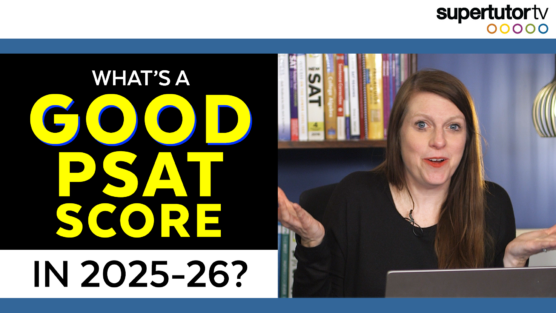The New York Times and Wall Street Journal have recently pointed out how the College Board has sold student data to colleges. The College Board may brand it “licensing“, but isn’t that just selling with a few caveats? While this trend is nothing new, scrutiny on this practice of selling student details at 47 cents a pop is higher than ever.
Flashback Friday: How it all Began
During the early 1970’s, the College Board created the “Student Search Service.” The College Board began to offer a survey to all SAT® and PSAT test takers and supplied this information to colleges for a licensing fee. In addition to the survey was a student’s 50-point range score estimate. In an age without the internet, this service was a win-win for colleges and students. For colleges, this service helped them target students whose scores were in range for their schools. This in turn diversified their student bodies. It benefited students from areas with less exposure to particular institutions because they learned about new college options and scholarships available. Sounds great, right?
Fast forward 40 years, and the climate of college admissions has changed. Many colleges have begun to use these services not specifically to target students in appropriate score ranges, but applicants in general. The bigger the pool of applicants, the lower their admission rates.
Why You Should be Concerned
What’s more, is that colleges with savvy data collection policies are now often tracking student data much more efficiently. Colleges can now calculate a student’s “demonstrated interest” by tracking advertising email clicks and the amount of time a student spends on its site. Advocates of privacy worry that colleges are also obtaining students’ score range data from the Student Search Service. This could be harmful as some students chose to hide their previous score information using Score Choice, but with Student Search Service, these same campuses might have access to information about student’s previous score bands or performance in a way that many students don’t realize.
The College Board asserts that using the score range data in admissions is against their licensing policies. However, there seems to be a lack of transparency about how the College Board uses this data, or how it enforces said licensing policies.
What is permissible with said data? What else is the College Board doing with this data? Was it using it to estimate “adversity”as part of its controversial “adversity index,” which has subsequently been scrapped?
Decades ago, this service allowed high scoring students greater educational opportunities they didn’t know about. But the 21st century lets all students find these opportunities online in fairly easy ways. Is the exchange of privacy for information worth the cost?
It’s Not Fan Mail!
Many students might receive a brochure from the University of Chicago or Vanderbilt and mistake it for proof of admission worthiness if they apply. However, reporters have found that even students outside the typical range of admitted scores get mail from top colleges.
Remember that whoever sends you brochures wants you (and as many students as possible) to apply to lower their admissions rate. Receiving a brochure from a college does not mean your SAT® score gives you a good shot at admission.
To figure out your odds at any university, be sure to look at its statistics. What scores does this school admit? What GPAs? Is my SAT® score a good fit? Be sure you apply to a range of back-up and fit schools in addition to reach schools, and remember any school with an admit rate below 15% is a reach for everyone. These schools often admit students to form an eclectic diversity of students, and even if you’re fully qualified, you might find yourself rejected for reasons beyond your control.
College Board Lawsuits
Some parents have chosen to fight against these privacy violations.
In Illinois, a Chicago law firm, Loevy & Loevy, filed a lawsuit against the College Board. The lawsuit alleges that the College Board has obtained student information through the Student Search Survey on behalf of minors in a way that is unscrupulous. According to the suit, the College Board “sells” this information to third-party organizations for less than 50 cents, a practice they don’t have to inform students about. The lawsuit estimates than more than 5 million U.S students are victims to this action.
Proceed with Caution
For students just entering the college process, awareness of the potential privacy issues that may arise is key. Students fill out forms and check boxes hastily, not realizing the depth of information they’re offering or the consequences as a result.
As for students receiving mail from colleges, take it with a grain of salt. While you may feel flattered by all the extra attention from top universities, don’t believe it is any indication your SAT® score alone guarantees you or even predisposes you for admission.




